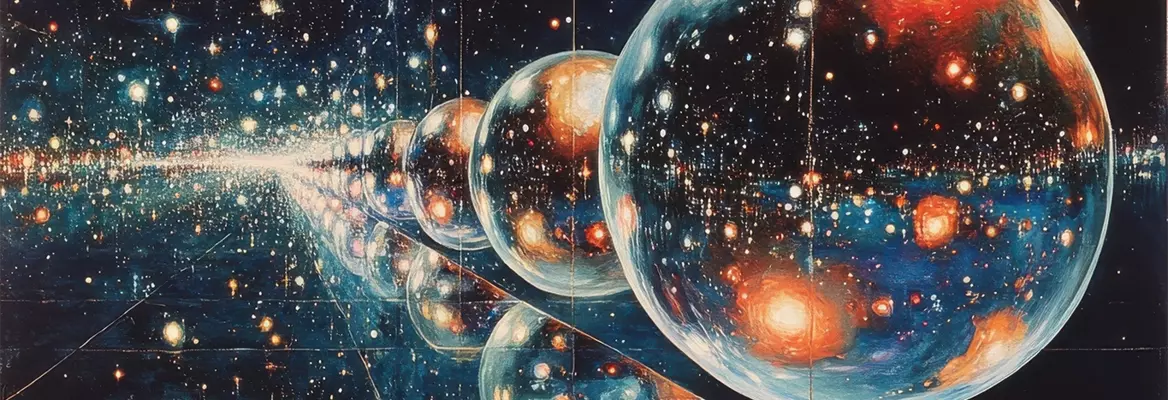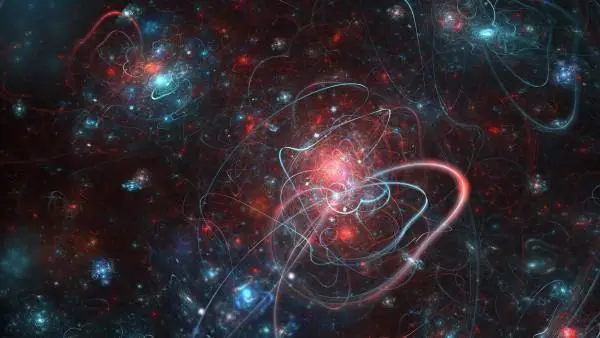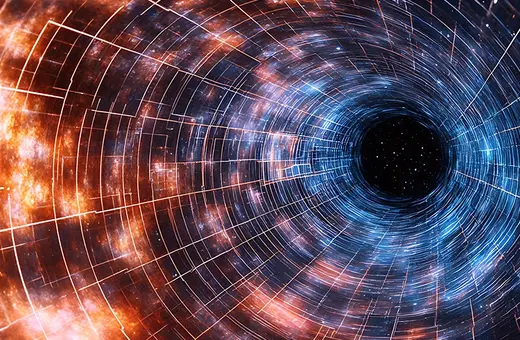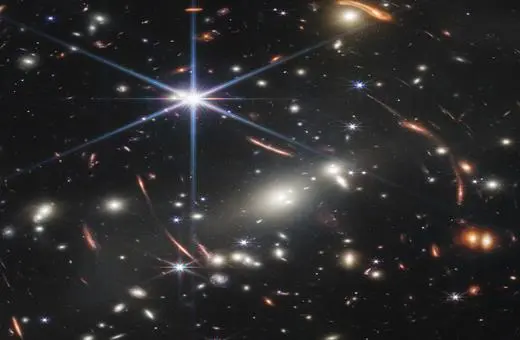The multiverse theory has gained popularity as, among other things, a way to explain our universe’s apparent fine-tuning for life. Against the theory, many argue that while the multiverse could account for life in some universe, it fails to explain why there is life in our universe specifically. But, as Quentin Ruyant argues, both sides of this debate fail to appreciate one crucial thing: the context in which we observe life. While there are valid reasons to reject the multiverse, the “this universe” objection is not one of them.
The fine-tuning argument for the multiverse
Our universe seems to be miraculously fine-tuned for life. According to physics, if the value of cosmological constants were slightly different, it would not have the same long lasting structure, and life would be impossible. How can we explain it? Perhaps God wanted there to be life, and designed our universe in this way. But here is another explanation: if there are many universes, each with different values for cosmological constants, then it’s probable that at least some of them have the right constants for life. And of course, as living organisms, we happen to live in one such universe: there’s no mystery.
This explanation is quite intuitive. We can explain in a similar way why our planet, the Earth, has some rare features that make it hospitable for life, such as having a moon that stabilizes its axis. However, some authors have objected that this kind of reasoning is fallacious. According to them, although the multiverse can explain why there is life rather than not somewhere in the multiverse, it cannot explain why there is life in this universe, since the existence of many other universes (or many other planets for that matter) does not affect the likelihood that our universe (our planet) in particular is suitable for life. The fine-tuning of cosmological constants in our universe thus remains a mystery.
This objection to the fine-tuning argument is controversial, but it remains influential. Part of its strength comes from weaknesses of the argument it attacks. The problem is that we could apparently apply the same reasoning to any contingency whatsoever. Take Shakespeare’s Hamlet, for example: isn’t it incredible that this precise sequence of words exists as a book? Well, if there are sufficiently many universes, this was bound to happen in at least one of them. So, our observation that Hamlet exists favours the multiverse hypothesis, by simple Bayesian reasoning (if a hypothesis makes your observations comparatively more likely, then it gets a credence boost). And the same would go for any random sequence of events, any particular sets of numbers obtained after rolling dice for instance: the multiverse provides an explanation not only for life, but for just any contingency. Absurd, isn’t it? Here, defenders of the “this-universe-objection” concur, and give their solution to the problem: the multiverse does not make it more likely that Hamlet exists in this universe, and this is what really needs to be explained.
This resolves the issue, granted, but is it the right way of doing so? I think not, as I will explain below.






















Join the conversation